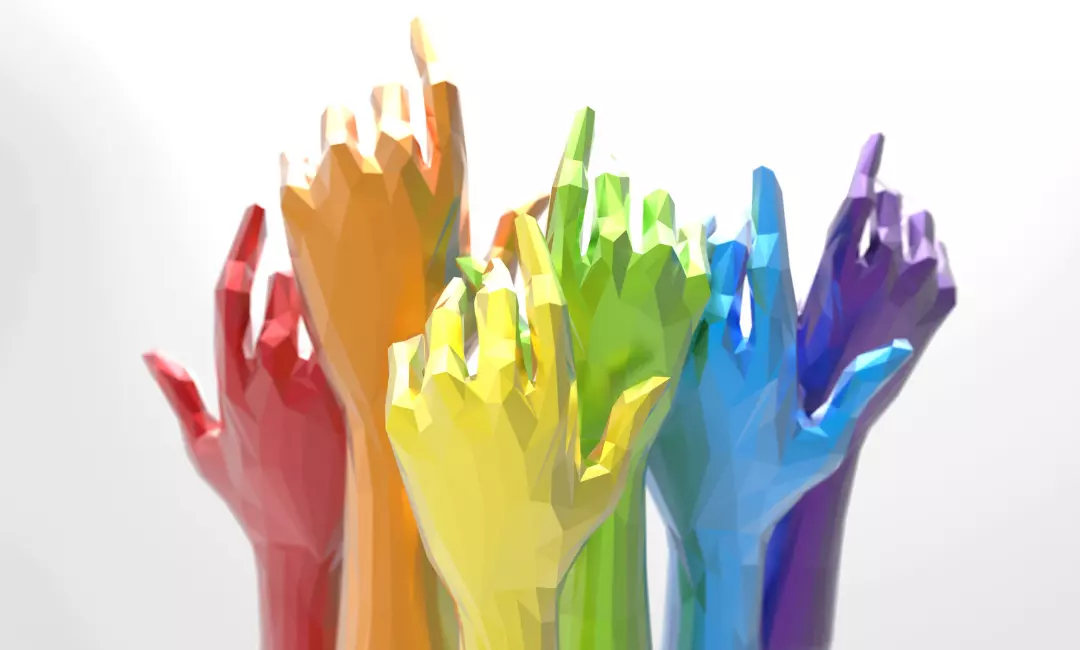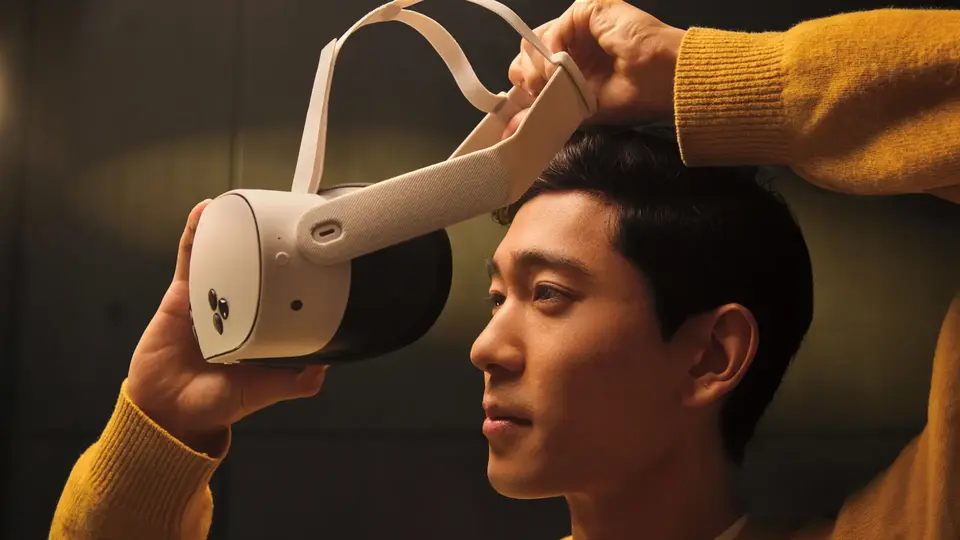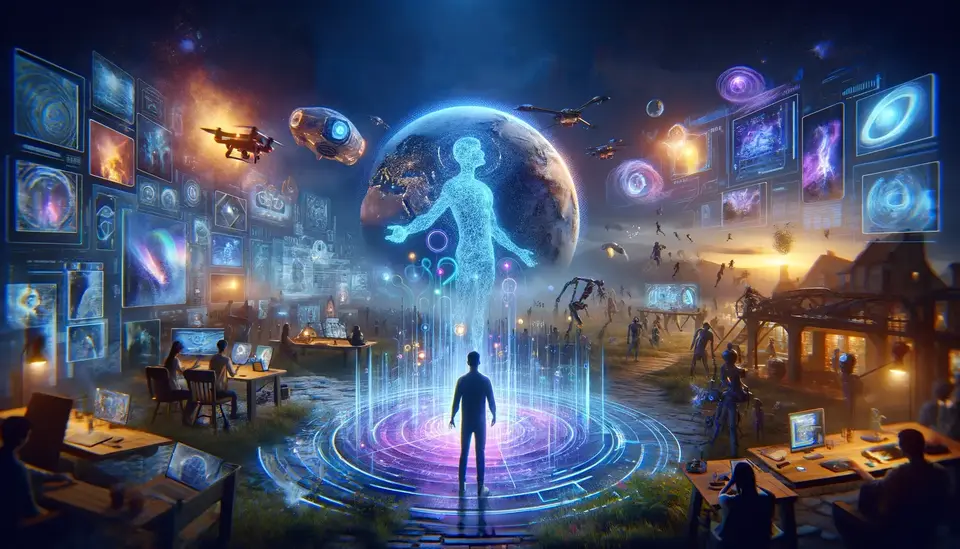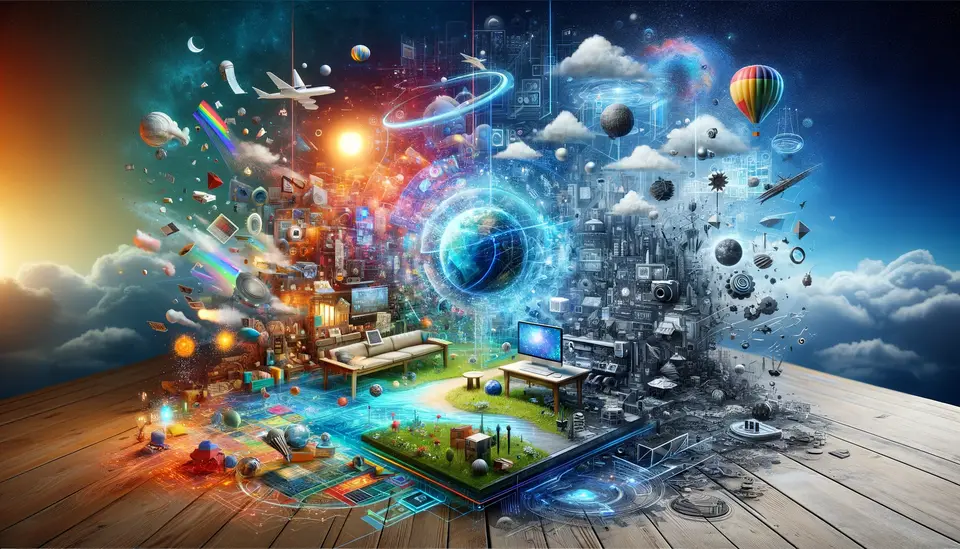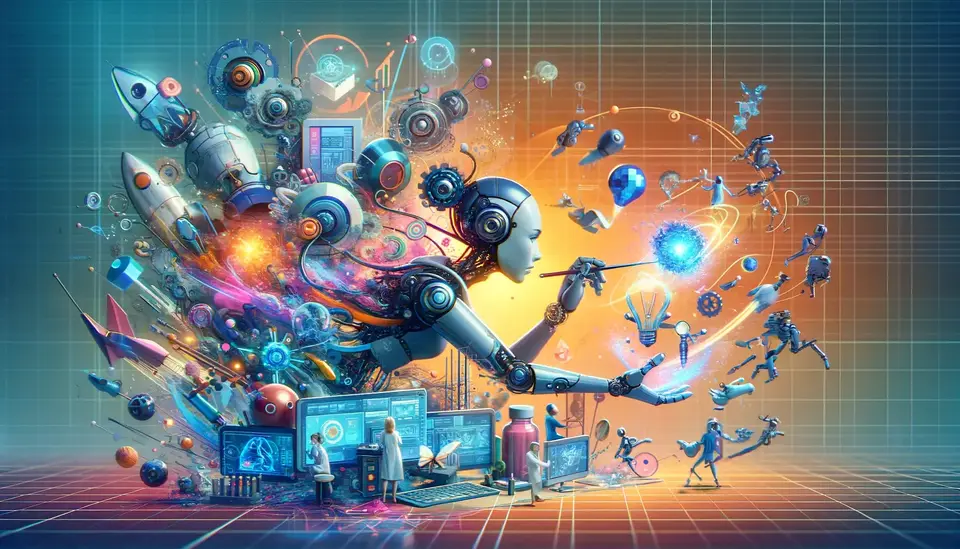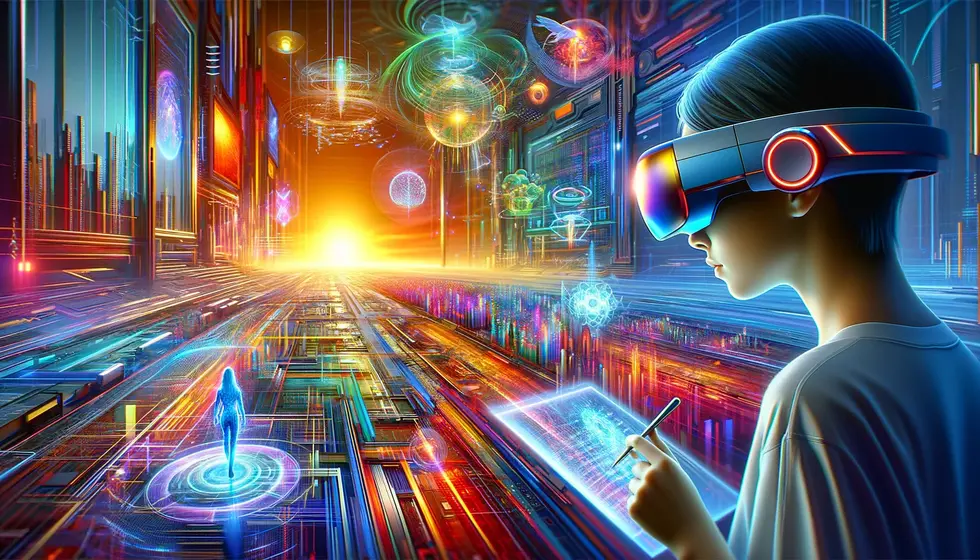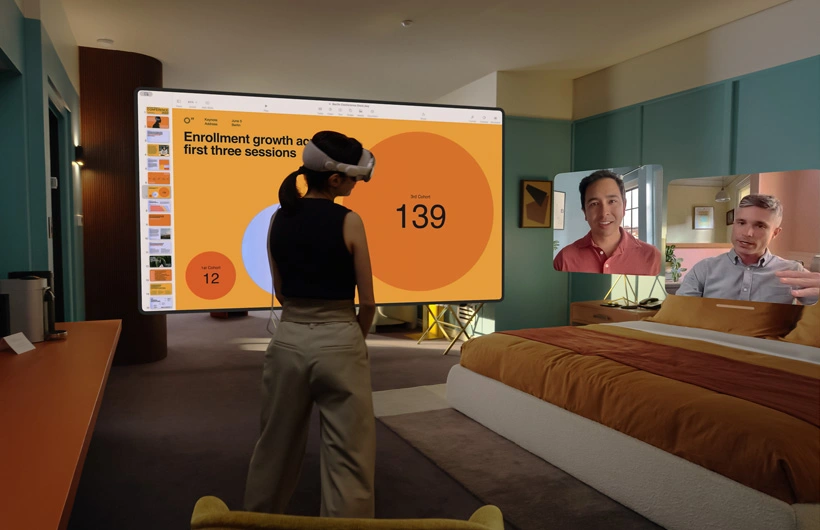The Potential Impacts of Mixed Reality on Social Norms and Culture
Posted on April 22, 2023 3 minutes 492 words
Table of contents
Mixed reality (MR) is a groundbreaking technology that fuses the digital and physical worlds, creating a seamless blend of virtual and real-life experiences. As MR continues to advance at an exponential rate, it is gradually integrating into various aspects of our daily lives. This blog post aims to explore the potential impacts of mixed reality on social norms and culture, examining both the opportunities and challenges it presents.
Communication and Social Interactions
MR technology has the potential to revolutionize the way we communicate with each other. Through holographic calls and shared virtual environments, MR enables more immersive and interactive experiences, allowing people to connect in ways previously unimaginable. This can lead to deeper emotional connections and enhanced empathy, as individuals can better understand each other’s perspectives and experiences.
However, the blurring of lines between digital and physical relationships also raises concerns. Social isolation, addiction, and loss of privacy may become increasingly prevalent as people turn to virtual interactions over real-world connections.
Education and Work
In the realms of education and work, MR promises to bring about transformative change. Learners can benefit from immersive experiences and hands-on learning opportunities, while the workplace can see increased remote collaboration and telepresence, resulting in a more flexible work culture.
Despite these advantages, there are drawbacks to consider. The digital divide may widen, as not everyone will have access to MR technology. Additionally, there’s a risk of information overload, as people struggle to filter and process the vast amounts of data presented in MR environments.
Art, Entertainment, and Media
Mixed reality opens the door to new artistic possibilities, allowing creators to develop innovative storytelling methods and immersive experiences. Traditional forms of media like film, theater, and music can be enhanced and reimagined through MR, offering interactive and personalized content.
On the flip side, the overconsumption of virtual experiences could lead to the loss of shared cultural experiences, as people increasingly engage with content individually.
Consumerism and Advertising
MR is set to reshape consumerism by enabling personalized shopping experiences and virtual product try-ons, while advertising is poised to become more immersive and targeted. However, ethical concerns arise around privacy and data collection in MR environments, necessitating strict guidelines and regulations to protect users.
Identity and Self-Representation
Personal identity could be significantly impacted by MR, as individuals can create and modify digital avatars in mixed reality environments. This new form of self-expression has the potential to change social norms regarding body image and identity. Nevertheless, there are risks, such as the reinforcement of stereotypes, discrimination, and online harassment.
Conclusion
Mixed reality presents both remarkable opportunities and challenges for social norms and culture. As we continue to embrace and integrate MR into our lives, it is crucial that we foster responsible and ethical development of this technology. By doing so, we can harness the benefits of mixed reality while mitigating potential negative consequences, ensuring a bright future for society.

